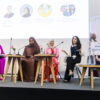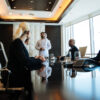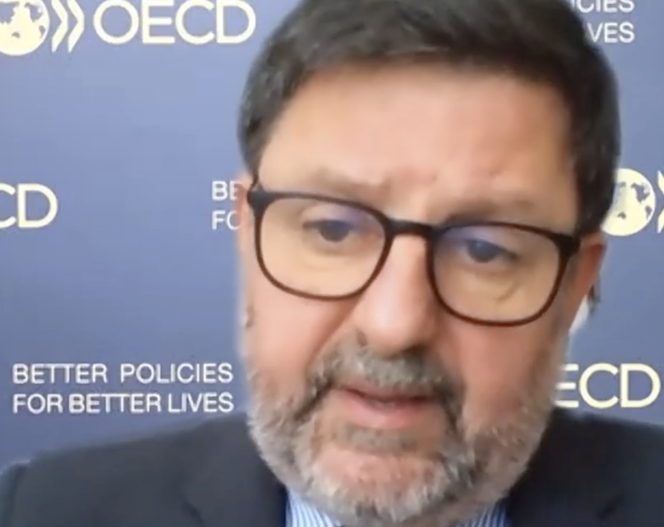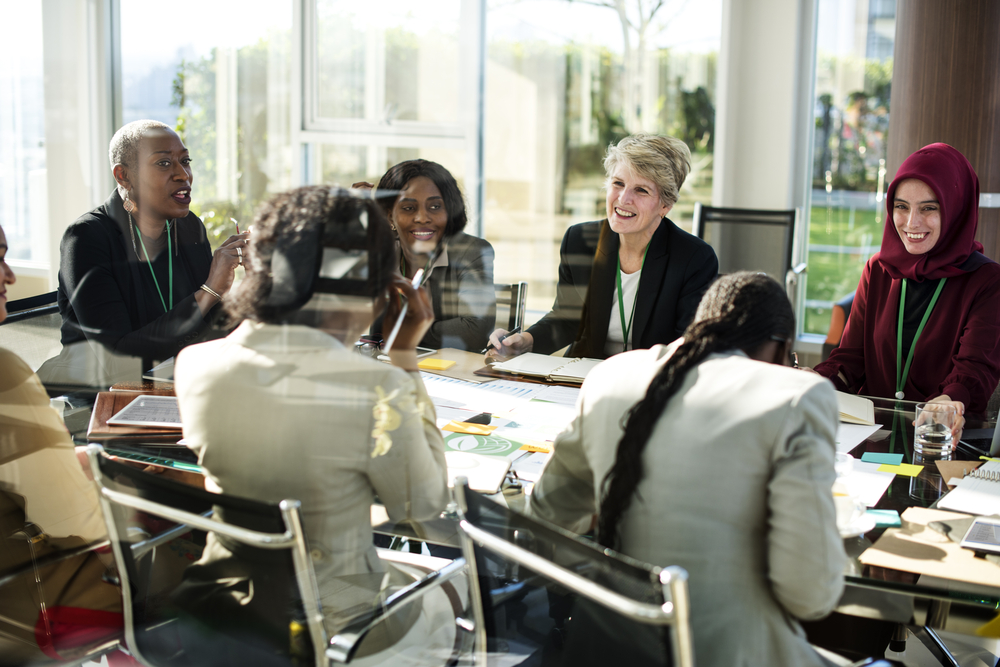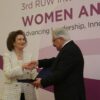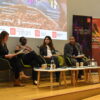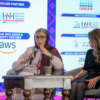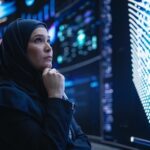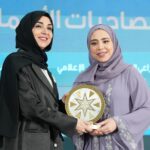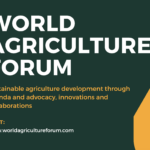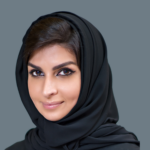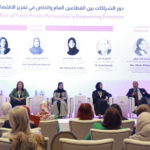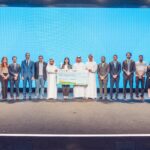The Arab International Women’s Forum continued its well-attended programme of virtual events into September with another key session, Building Resilience to Counter Unexpected Shocks: The OECD Response to the Gender Impact of the Covid-19 Crisis in the MENA, for which we welcomed Carlos Conde, Head of MENA Division for the OECD. AIWF and the OECD have been co-operating for close to 15 years on women’s entrepreneurship in the MENA Region, and Mr. Conde was invited to share how, through the key contribution of women, the Arab region can build resilience, wealth and prosperity in the region.
In her introduction, AIWF Founder & Chairman Haifa Al Kaylani said: “As our societies experience increased levels of uncertainty and unpredictability, resilience is impossible to build without focusing on women’s role who are intrinsic building blocks of our society. As we experience the pandemic shock of COVID 19, we see that women are at the forefront of the fight against the virus and the economic crisis is exacerbating existing vulnerabilities. This situation sheds the light on the urgency of fast-tracking the efforts to empower, support and work towards a greater role for women in the MENA economy and in society at large. It also stresses the fact that to face this crisis and build stronger resilience for our societies, leveraging the full potential of women in the economy will be key for unlocking and sustaining much-needed growth in the post-crisis period. There is thus an urgency to act and to make sure deliberative and systematic gendered based perspectives are adopted in all fields of system”.
In his Keynote, Mr. Conde elaborated on how, through the key contribution of women, the Arab region can build resilience, wealth and prosperity, and shared some of the recent work of the OECD on women’s empowerment in the MENA region. He said, “Women’s economic empowerment is at the core of the overall competitiveness reform agenda of the region, and the COVID crises despite its dramatic impact is giving us a real opportunity for action.” The evolution of the pandemic, he said, was an important variable, but reform in the region would depend greatly on countries willingness and ability to pursue the right policies. Fundamentally, he said, the transition out of the crisis provides a new opportunity to further the agenda for resilient, inclusive and sustainable economies.”
Mr Conde shared some of the recent work of the OECD on women’s empowerment in the MENA region, specifically the findings of the OECD policy brief, ‘COVID-19 impact on gender equality and policy responses’, which was launched in June 2020 to provide analysis of the intersection between the pandemic and the existing gender gap in MENA in several areas including education, employment, social protection, care work and gender-based violence, as well as an overview of the measures that MENA governments have been taking to respond to the crisis.
Mr Conde also acknowledged the key role of AIWF when he said: “It is important to acknowledge the key role that the Arab International Women’s Forum has been playing for almost twenty years in the MENA region, in favor of women’s empowerment and youth inclusion. The OECD values very much the longstanding co-operation established with the Arab International Women’s Forum. Our partnership with AIWF is witness to the OECD’s commitment to advance equal societies and competitive economies in the MENA region. I am sure we all agree that, in time of crisis, multilateral and multi-stakeholder cooperation is more important than ever, and I welcome and express my gratitude to the AIWF and its Chair Haifa Al Kaylani for this tireless engagement.
AIWF extends its warmest thanks to Carlos Conde and his distinguished team of colleagues at the OECD for the excellent participation and partnership for this key session which was exceptionally well-received by all who attended from the MENA region and around the world.

